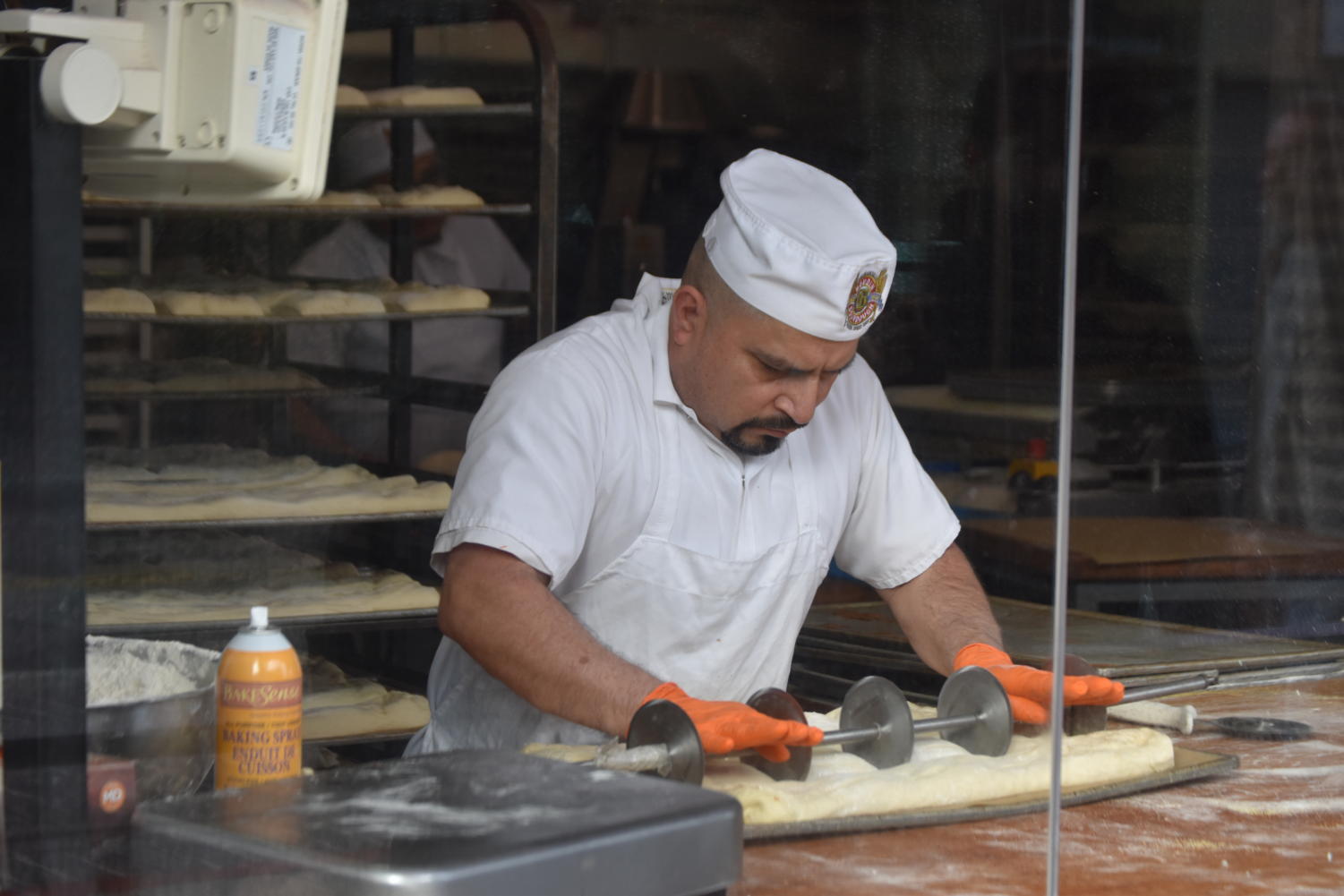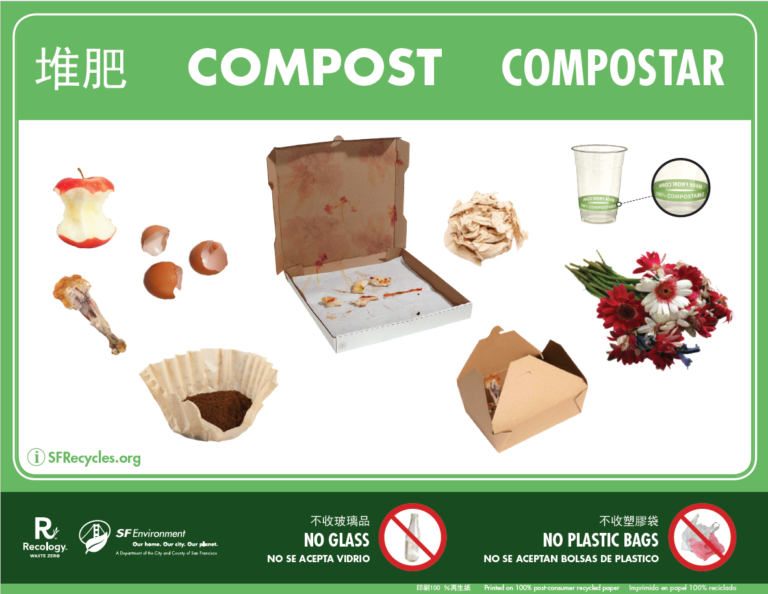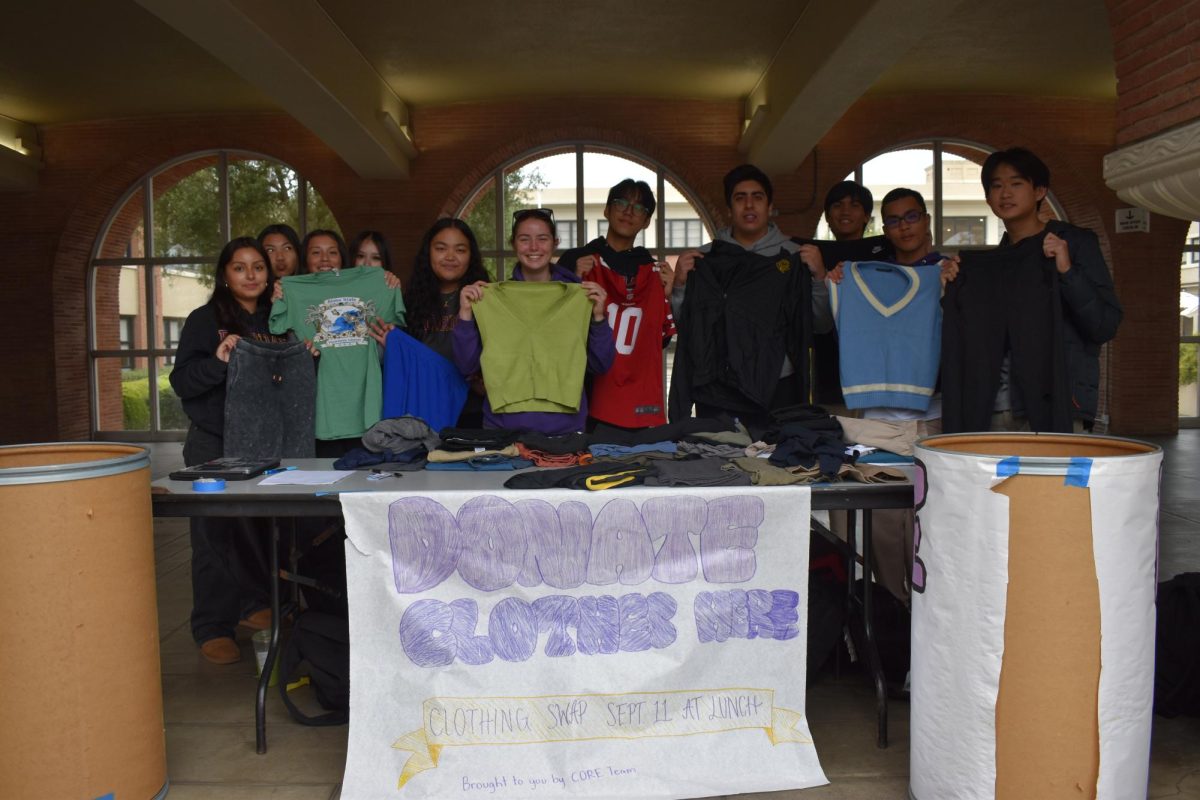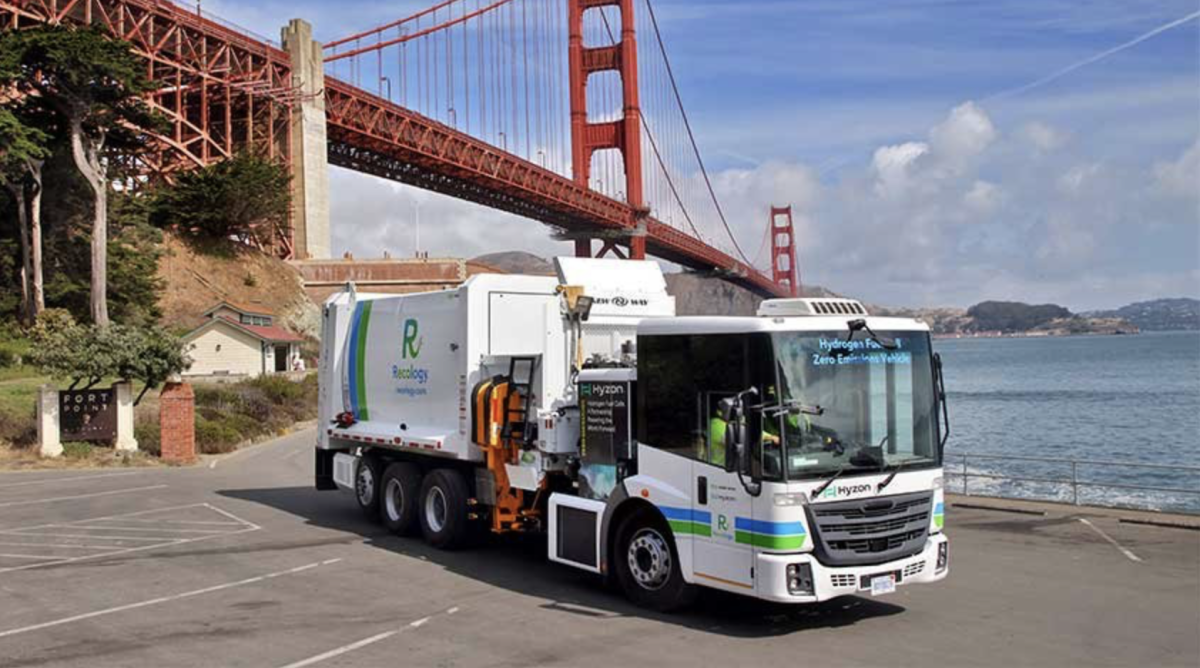When you think of San Francisco, a few things come to mind: the Golden Gate Bridge, Salesforce, Fisherman’s Wharf, the fog, and sourdough bread.
Sourdough bread is one of San Francisco’s most well known features, with its distinct flavor widely speculated to derive from our famous fog itself. It has been a San Francisco staple since the 19th century. This is similar to New York’s famous pizza, the flavor of which is said to come from the water. This iconic bread however, may be at risk due to climate change.
The Bay Area’s microclimates are a well-known phenomenon, going 10 miles in one direction can lead one into completely different weather. Climate change poses a danger to these microclimates, and others.
Environmental science teacher Micheal O’Brien stated, “All the microclimates along the coast will be affected by climate change.”
In the short term, scientists believe that sourdough bread will not be affected by climate change, however long term consequences may be an issue. Yeasts are known to thrive in moist environments, which are at risk with long term climate change.
O’Brien added, “We are likely to see longer periods of drought, as well as lower humidity.”
Sourdough bread isn’t the only consequence of climate change the Bay Area is faced with. Residents are already experiencing some of the side effects of climate change on the local level.
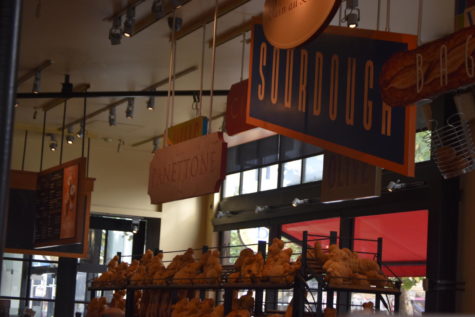
O’Brien remarked, “These long periods of drought and higher temperatures, as well as some of the wildfires we’ve seen are effects of climate change.”
Droughts and wildfires pose a serious danger to all of California. Wildfires have resulted in the relocation of many families, as well as several injuries and deaths. Droughts have a significant impact on the state’s wildlife and agriculture as well.
Though it may seem as though this matter is out of our control, everyone can all contribute towards fighting this disaster.
O’Brien concluded, “We should all do our individual best to work towards solving climate change.”



